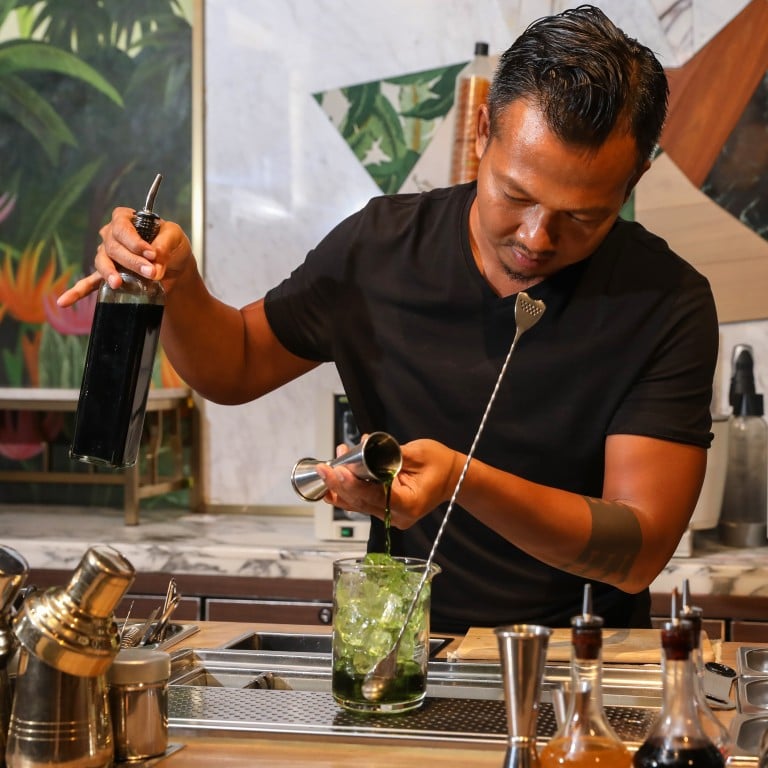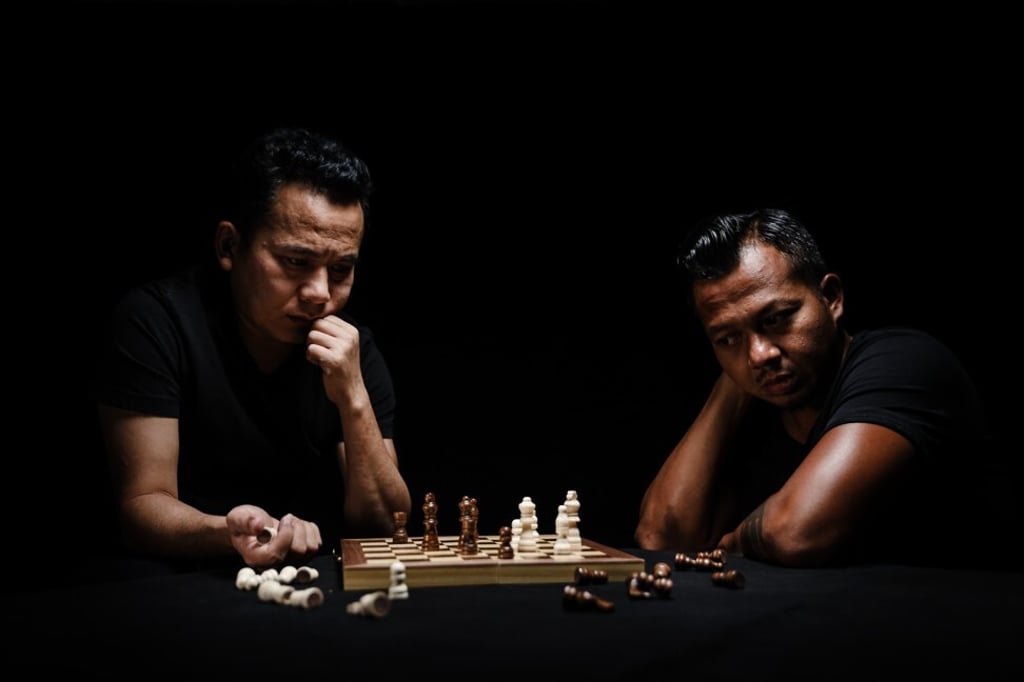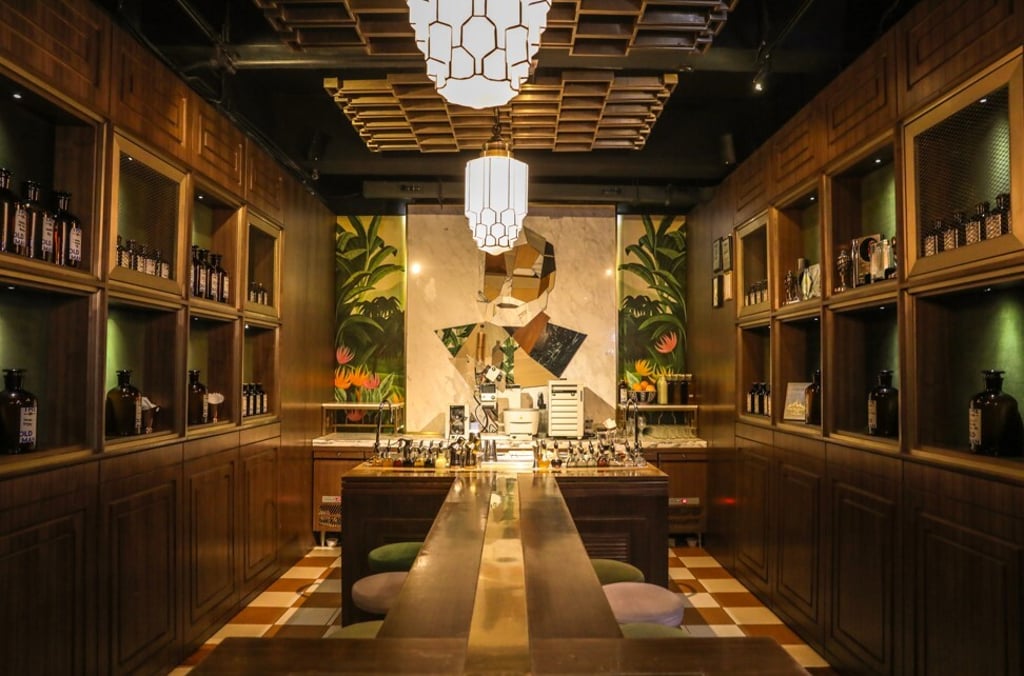Hong Kong’s first ‘sustainable’ bar Penicillin: second-hand furniture, bills by email and leftover cocktail ingredients made into hand sanitiser, from the team behind Asia’s 50 Best Bars award-winner The Old Man

The Old Man’s Agung Prabowo and Roman Ghale are opening 2 new venues in Central: Hollywood Road’s sustainably focused Penicillin and dive bar Dead & – offering a ‘cheapskate hour’ and vending machine canned beers at 7-Eleven prices
When The Old Man opened three years ago, it arrived at the perfect time to crest the second wave of molecular mixology cocktail bars in Hong Kong. The first wave was driven almost single-handedly by Antonio Lai. His early concepts at Quinary, Origin and The Envoy pioneered the trend in this city, and all featured in the inaugural Asia’s 50 Best Bars Awards in 2016. With a focus on innovative recipes and techniques, these venues provided a counterpoint to the more traditional hotel bars that were previously the only game in town for anyone serious about their cocktails.
It was out of the hospitality industry that Agung Prabowo and Roman Ghale, two of the co-founders of The Old Man, emerged. Prabowo, among other accomplishments, had helped make Lobster Bar and Grill, at Island Shangri-La, a destination for its drinks; Ghale had excelled as senior bar and restaurant operations manager at The Upper House.
Just imagine, it’s a Noma, but doing it for drinks instead of food

Together with James Tamang, former bar manager of Vibes, at The Mira in Tsim Sha Tsui, they opened The Old Man. The bar launched with the strong reputations of its founders, an attractive speakeasy location, an exciting menu complete with beguiling literary themes, and affordable prices. It was an instant success. Within two years the bar was number one on Asia’s 50 Best list and the queue to get in stretched from its alleyway off Aberdeen Street all the way to the roadside.
Not everything lasts forever, though. Prabowo and Ghale announced this month that they are leaving The Old Man, citing “internal issues”. If three years ago molecular mixology was de rigueur, these days there is a new buzzword in F&B – sustainability. Once again, Prabowo and Ghale hope to lead the charge and ride a rising wave.
“(Penicillin) is going to be the first sustainable bar in Hong Kong,” enthuses Prabowo. “There’s big talk about sustainable food and restaurants, so why not bars?”
Penicillin opens this month, taking over the space off Hollywood Road formerly occupied by Buddha Lounge. Prabowo is realistic about the challenges of operating a sustainability-focused bar in a place as small as Hong Kong, where there is little in the way of local agriculture. Being 100 per cent sustainable here is “nearly impossible” but he aims to come close via a closed loop cycle that will seek to get the most out of any ingredient.
Prabowo explains how that might work: “We squeeze the lemon juice for a drink. So what can you do with the skin? Use it as a garnish. The husk, the seeds … Maybe we can send it to the kitchen to use them as an ingredient in food, or send it to our lab to use in hand sanitiser. We want to use everything to the fullest.”

To that end, Penicillin is not just a bar. The aforementioned lab will recycle waste products into usable items such as paper or essence. A fermentation room, visible to customers, will help create both food and drinks. The fourth element, the kitchen, will supply “bar food – not snacks”, stresses Ghale.